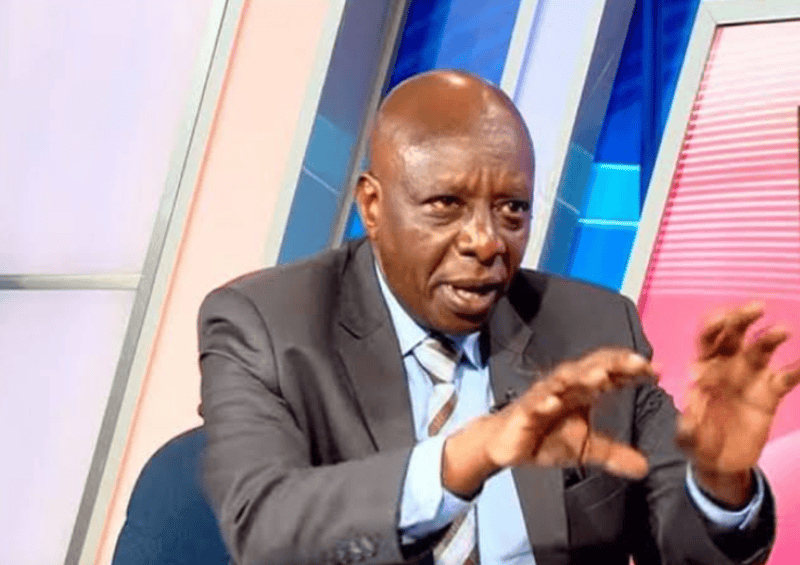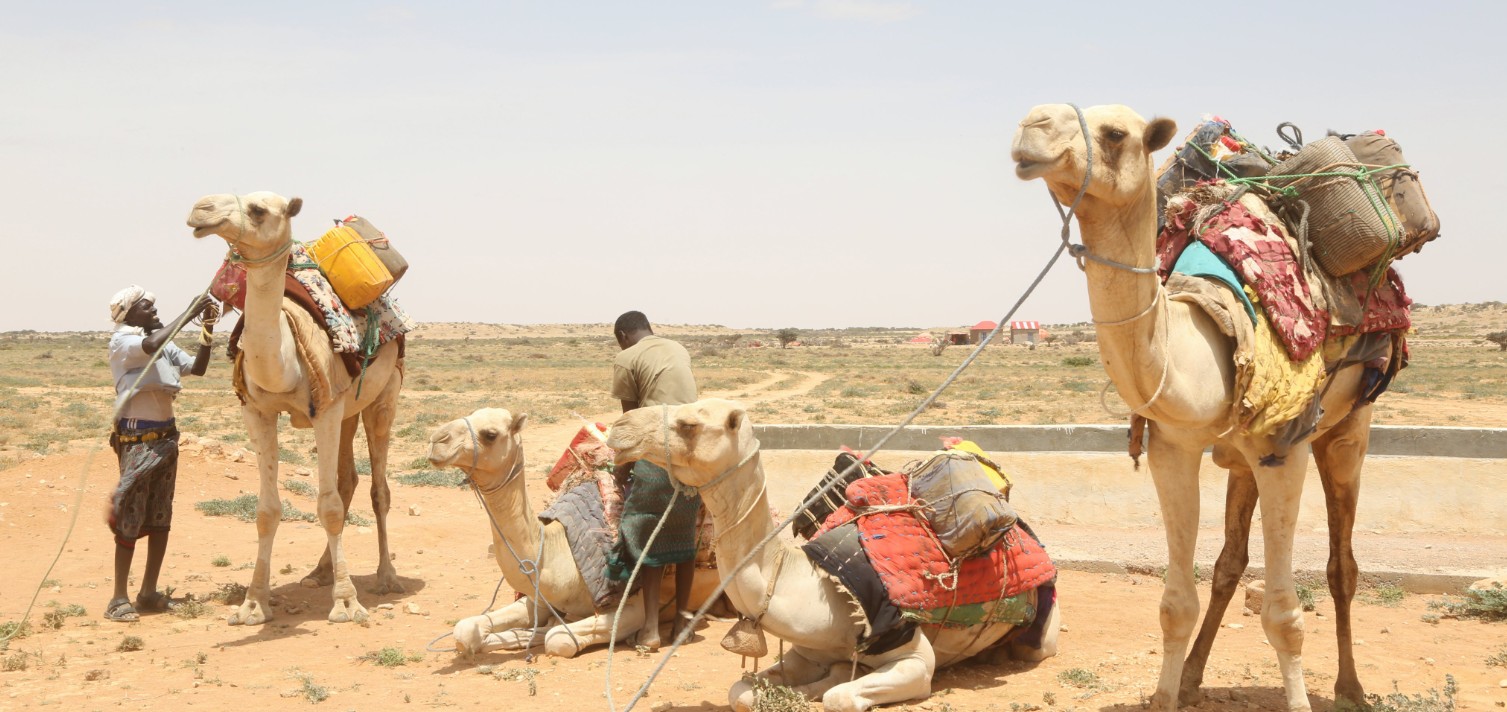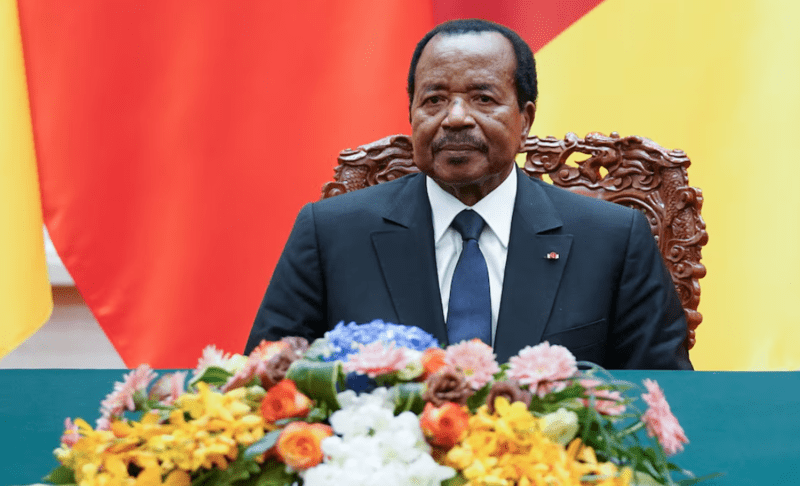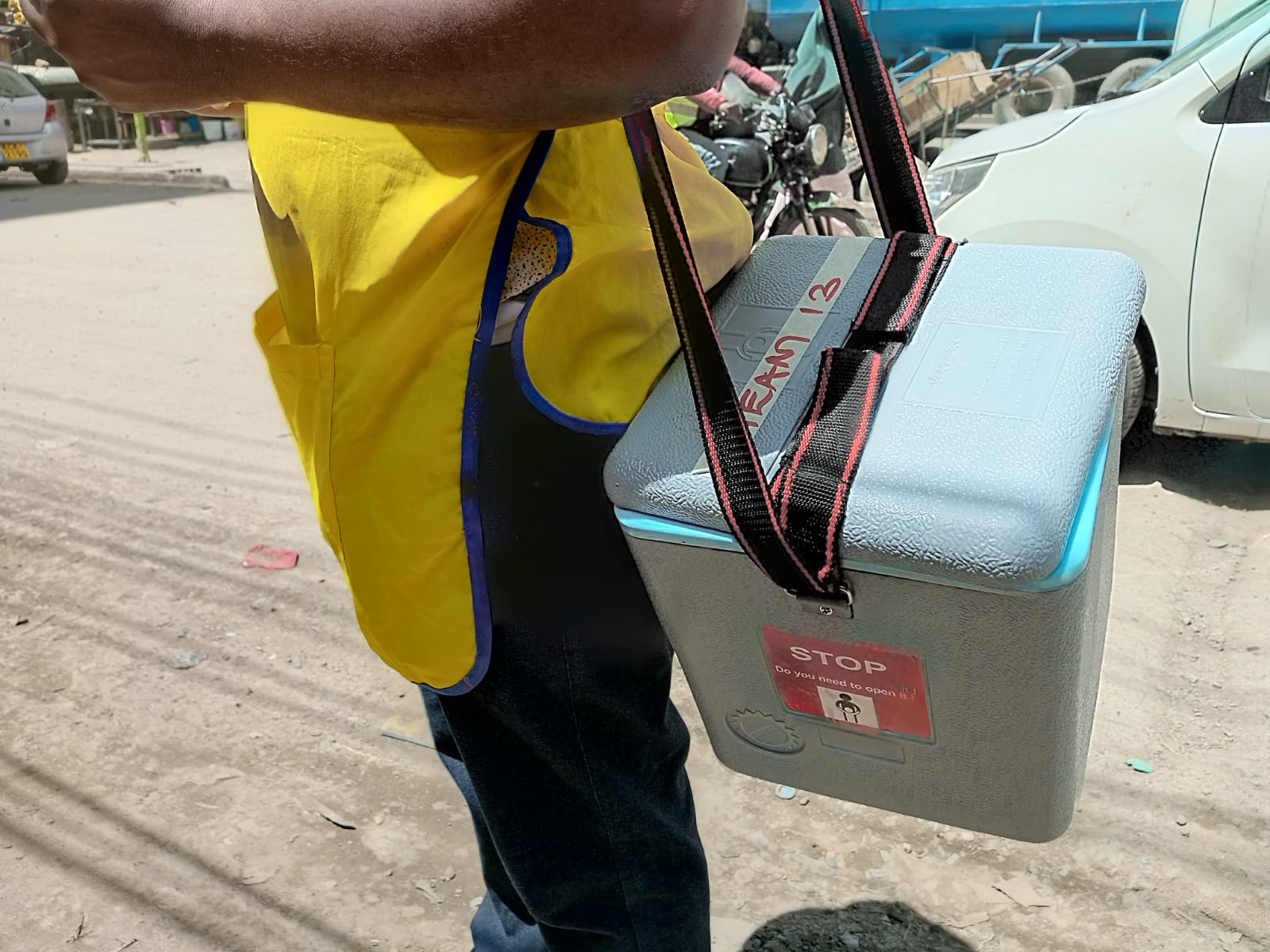Ethiopia faces pressure to devalue its currency to secure IMF rescue loan
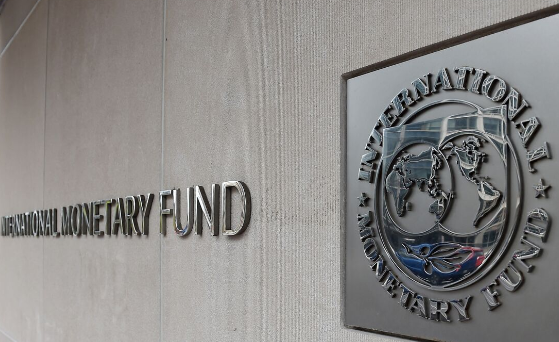
The International Monetary Fund (IMF), which left Ethiopia last week without reaching a deal with authorities, may force Ethiopia to devalue its currency sooner rather than later to secure a rescue loan.
While the IMF has not explicitly made currency reform a condition for support, its preference for flexible, market-determined exchange rates may lead to a reevaluation of Ethiopia's currency value. This move could come sooner rather than later as the country seeks to address its economic challenges and secure the necessary funding.
More To Read
- World Bank unveils Sh16.5 billion initiative to empower Kenya’s vulnerable groups
- Fire destroys over 1,800 houses in Ethiopia's Afar region
- Treasury CS John Mbadi explains why State shunned subsidy as fuel prices hike
- Multiple volcanic eruptions reported near Erta Ale crater in Ethiopia
- Ethiopia arrests 82 suspected ISIS operatives
- Ethiopian-based Afar group holds meeting in Semera, escalates standoff with Eritrean government
Ethiopia has been without IMF funding since 2020, and its previous lending arrangement with the organisation was derailed in 2021.
However, following a two-year civil war, the federal government and the rebellious regional authority reached a peace agreement in late 2022, potentially paving the way for renewed engagement with the IMF and access to much-needed funds.
Ethiopia has been struggling with high inflation and foreign currency shortages, which have led to a thriving black market. The birr is currently trading at between 117 and 120 per dollar on the black market, more than double the official rate of around 56.7.
Abdulmenan Mohammed, an Ethiopian economic analyst based in Britain, told Reuters, "The Ethiopian authorities have found accepting the demands of the IMF hard... They are worried about the devaluation of the birr, which would have serious negative economic repercussions, including soaring inflation... and surging foreign currency-denominated debts in terms of birr."
Ethiopia has requested $3.5 billion in support from the IMF, but the fund has not yet agreed to provide the loan. The country's external debt was $28.2 billion at the end of March, and it has secured a debt payment suspension from its largest bilateral creditor, China.
Irmgard Erasmus of research firm Oxford Economics expects a weakening of 15 per cent to coincide with an IMF staff-level deal on a bailout loan.
Connor Vasey, a consultant at J.S. Held, believes that more than one currency adjustment is likely, with the first being between 30 and 50 per cent.
"Ethiopia is coming into the meeting room with the IMF that is playing hardball and saying, 'You don't really have a foot to stand on in terms of negotiating down our position',” Vasey told Reuters.
Despite the challenges, Vasey expects Ethiopia to secure an IMF deal soon. "There's an international push to get this all lined up. It's just a question of the sequencing of the reforms," he said.
Top Stories Today

